Tianjin - A city of passion
In the early 2000’s it was a ninety minute train journey from Beijing to Tianjin. However, 2008 saw the opening of China’s first high-speed railway, connecting both cities in only thirty minutes, making accessibility much easier.
My journeys then mostly staying nearer Dabei Buddhism Temple and historic Wanghailou Church, alongside Haihe River. However, in early 2017, I returned for a long weekend, residing at historic Astor Hotel, again on Jiefang South Street. One of China’s earliest luxury hotels, opening in 1863, its interior resembles something of a British hunting lodge. It was amazing staying there. The adjacent area, home to several historic legacies, includes former Anglican Church. It has recently been renovated into a beautiful Arts Centre.
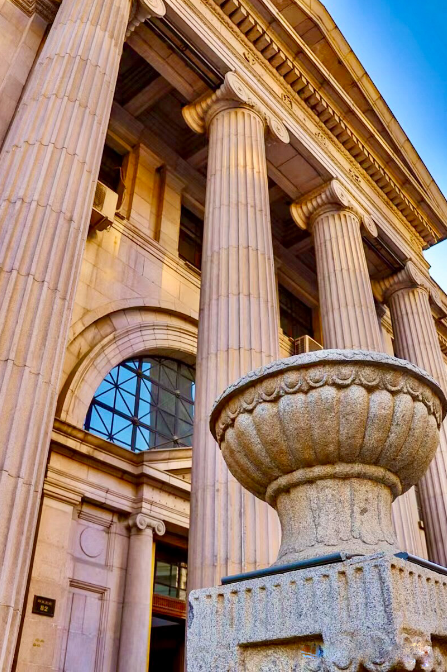
[Photo by Bruce Connolly/exploringtianjin.com]
Staying in such an area, I vowed to learn more of Tianjin’s story. I read much about the city, going also on several well organised historic walks. Every day I learned more while recording much through the camera lens, my photo collection rapidly increasing. This led to photography exhibitions mainly at top-end Shangri-La Tianjin, overlooking the Haihe River.
The more photography and writing, the more I felt involved with the city. It started feeling like a second home which helped keep my passion strong.
There are many interrelated areas within Tianjin that keep driving the interest and indeed fascination. To the west, for example, lies historic canal town of Yangliuqing in Xiqing district. Meanwhile to the east sits older river port of Tanggu and modern areas of Binhai close to where the Haihe reaches Bohai Sea.
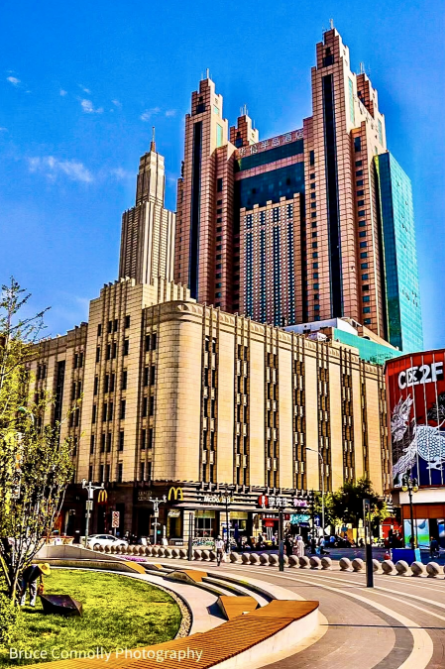
Tianjin Huaxin Peninsula Hote[Photo by Bruce Connolly/exploringtianjin.com]
Across the city are grand historic temples and mosques along with several outstanding churches such as French inspired 1913 constructed Xikai Cathedral. Parts of former concession areas such as the Italian Custom Tourism Zone, home to excellent examples of Italian regional architecture and the former British residential area of Wudadao (‘Five Great Avenues’). Both areas today feature a range of excellent restaurants and cafes.
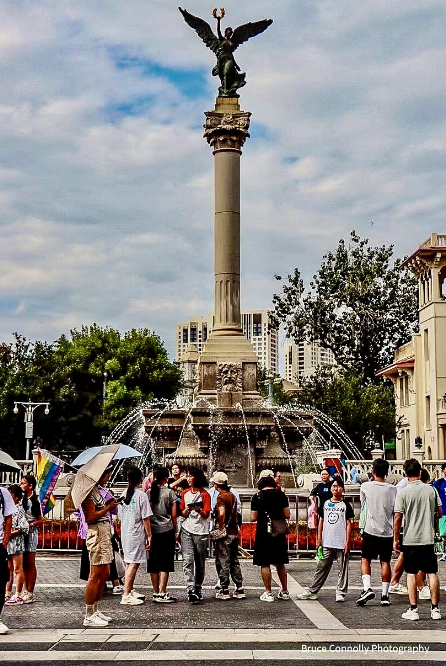
Marco Polo Square Italian Custom Tourism Zone[Photo by Bruce Connolly/exploringtianjin.com]
Then there are long established, pedestrianised shopping streets such as Binjiangdao and Heping Lu within the former French concession. Both are now part of popular Jinjie (‘Golden Street’).
A positive feature of Tianjin are its tranquil, extensive parks. One of my favourite being Ningyuan, close to North Railway Station. It features some examples of traditional Chinese architecture set within a feeling of water gardens somewhat similar to Suzhou.
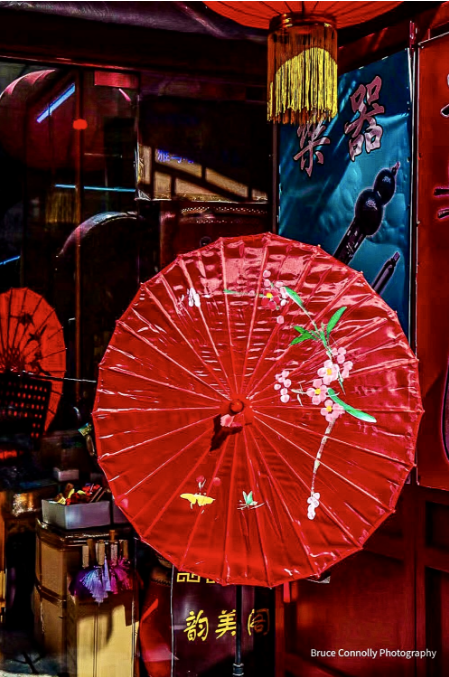
Tianjin Ancient Cultural Street[Photo by Bruce Connolly/exploringtianjin.com]
Over my many years associated with Tianjin, I have watched many improvements in the city. Considerable environmental work has been undertaken such as along the Haihe riverbanks and very noticeable, the air quality with many excellent blue sky days.
With increasing numbers of visitors, so today there are a range of top international hotels and many excellent dining experiences including traditional long established restaurants offering local Tianjin cuisine.
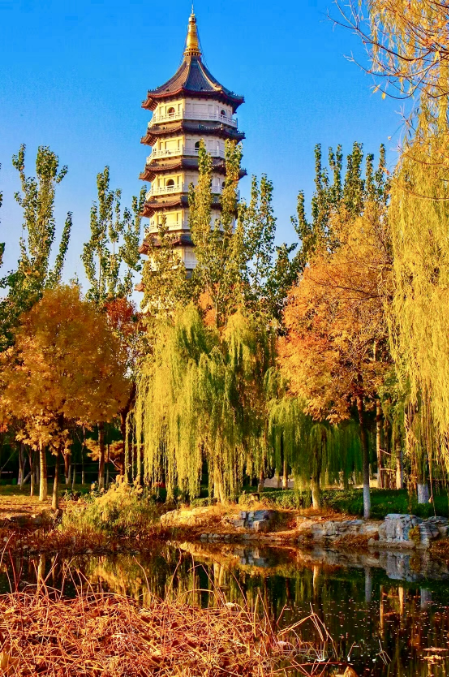
Autumn at Ningyuan Park[Photo by Bruce Connolly/exploringtianjin.com]
There is much to see, to appreciate and enjoy in Tianjin today. It has been a passion for me to have photographed the city and through my photography show what Tianjin is really like.
Earlier this year it was a pleasure to have another large exhibition of my work displayed at Shangri-La Tianjin.
Welcome to Tianjin, a city of history, a city of the future.

Copyright ©
Tianjin Municipal Government. All rights reserved. Presented by China Daily.
京ICP备13028878号-35

